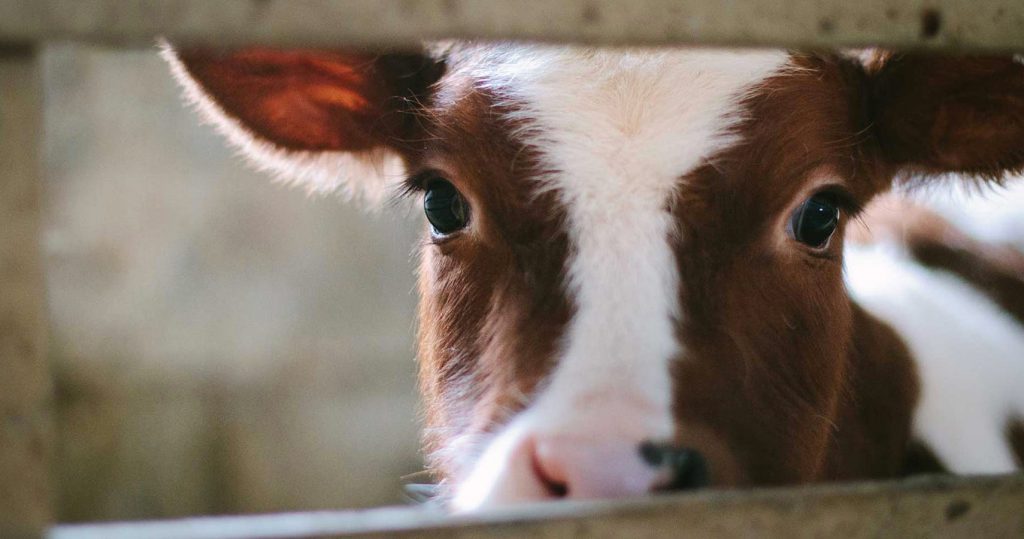If I am going to be honest, the coming of spring contains something of a paradox for our family’s life on our farm. The return of the birds, the budding flowers and fruit trees, the leaves on the maples and hackberries and oaks, the bulbous plants and seedlings in the garden, the newborn calves and kids and piglets, the smells of fresh air and the renewal of life, all serve as a seasonal and visceral reminder of the coming Resurrection. Contained in this renewal is the promise of rest – true, complete, perfect, permanent rest. And on my more “spiritual” days I grasp this promise quite readily and happily, and believe I am near the essence of what we call Easter.
But the coming of spring on a farm also means the return of work. The cold months involve the fairly simple routine of keeping the fire going and putting out hay. But as the cold begins to break and the sun slowly regains its predominance, we must take heed. There is tilling and planting and watering to be done, young livestock to tend, heat lamps and shelters to set up, grass to be mown, farm equipment to be repaired – in short, an explosion of activity, full of life, full of good, soul-shaping work, but work nonetheless. Wordsworth said it well:
The oldest and youngest
Are at work with the strongest;
The cattle are grazing,
Their heads never raising;
There are forty feeding like one!
So what gives? Not much really. Truth be told, I have a bad habit of thinking – or perhaps of seeing. I too often fail to see the world as it really is, in a sustained but temporary dance shared between present things and promised things. I too often see work as just that – work and nothing but work, caught in some endless “cycle of life” and severed from the promise of resurrection and rest. And that work, whatever it is, has been done before and will be done again; there is nothing new under the sun. But that is to see and experience the world as man without God; and that is a wrong way of seeing.
Put differently, the work-rest paradox is only apparent. Paradox implies either/or, but the Scriptures point us toward a “both-and” (or better, a “now and not yet”) way of seeing work and rest. Christ speaks of the kingdom of God in this way. He announces that the kingdom is at hand and elsewhere that the kingdom is among us; and yet he calls us to pray for the coming of the kingdom. Similarly, Paul tells us we have been called into the kingdom (e.g. 1 Thessalonians 2), and yet he speaks repeatedly about the kingdom of God as a promised inheritance (1 Cortinthians 6, Galatians 5, Ephesians 5). There is no contradiction here, no paradox. There is instead biblical vision, that of seeing the kingdom as both now and not yet.
In the same way, with correct vision we see rest in our labor. We see now a real and yet incomplete rest that promises future and permanent rest. The life that is re-emerging, stretching, growing all around us will soon enough enter its autumn and winter death. But spring reminds us that death will someday be no more, and that death has no final or lasting victory for the saints.
And so we labor, perhaps even yearning with all our might (as Paul once did), and yet all the while resting in the promise of true Easter renewal and delighting in the dance.
Dr. Tom Vierra teaches courses in The Great Conversation, Logic, and Rhetoric and is Director of Academics for Wilson Hill Academy.
